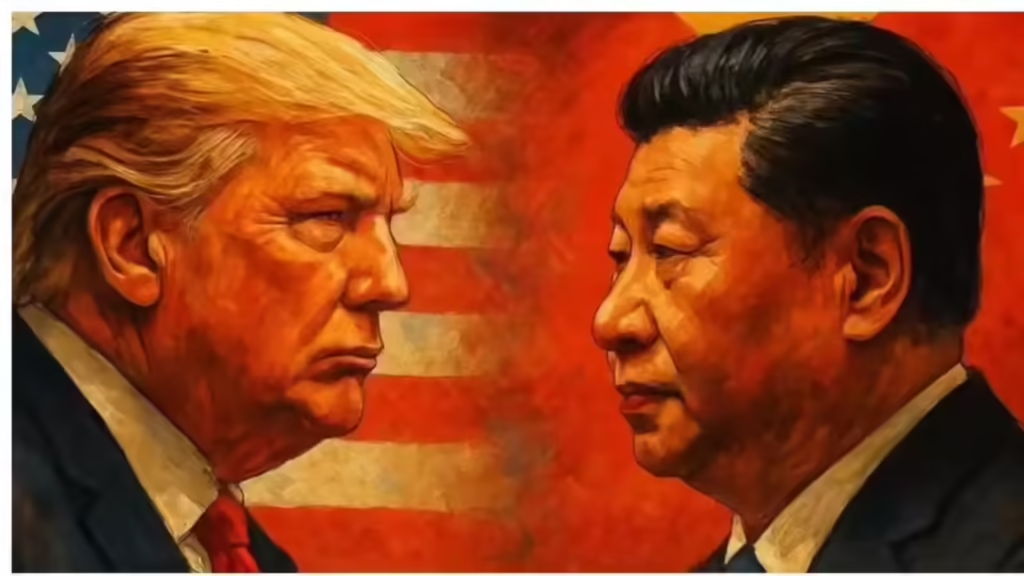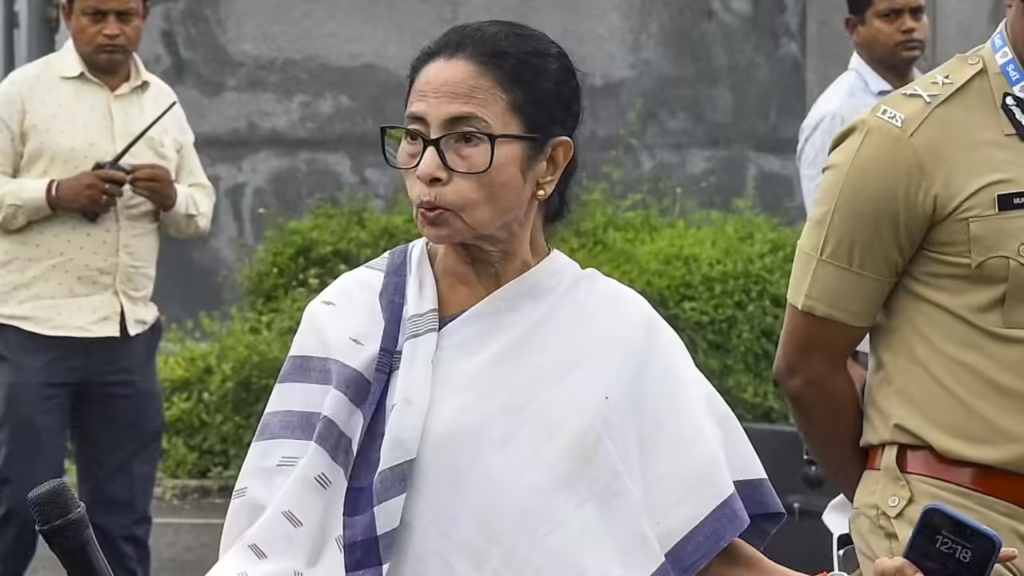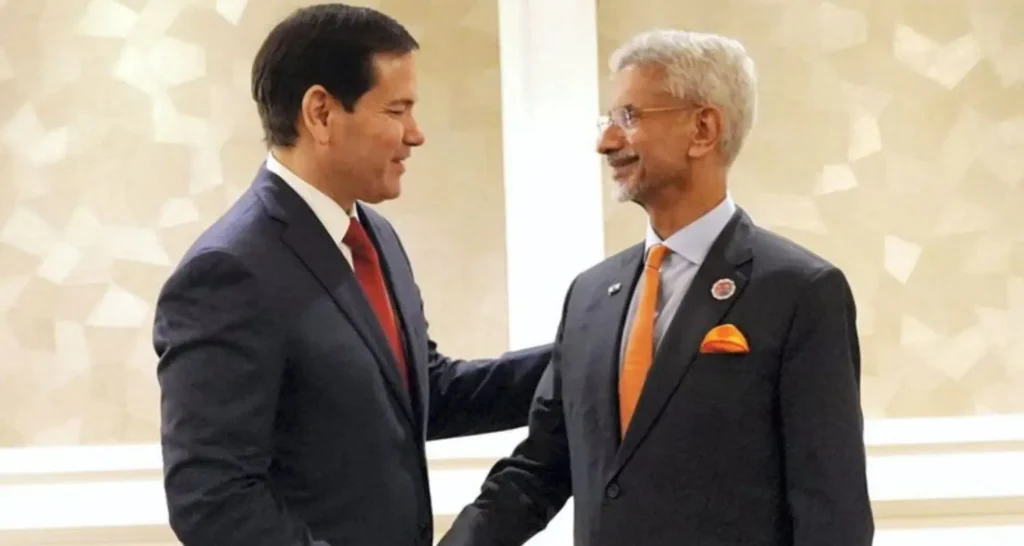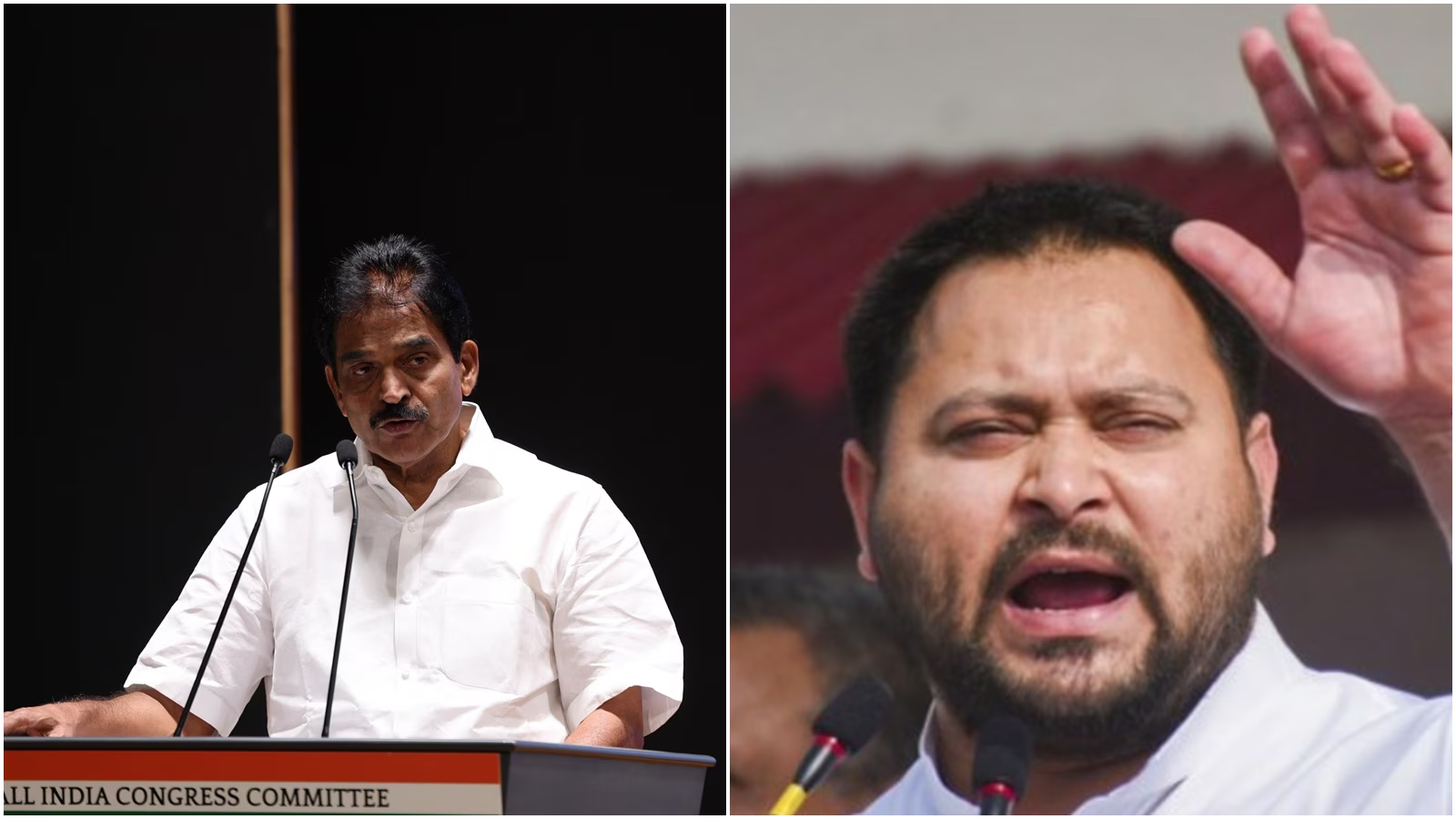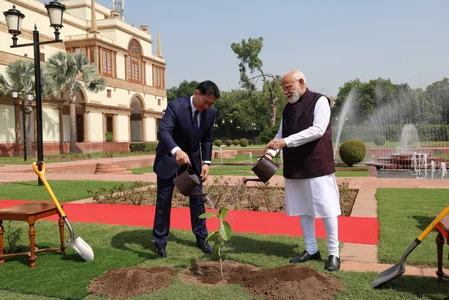Now Reading: Prashant Kishor Opts Out of Bihar Elections; Jan Suraaj Fields Candidate Against Tejashwi Yadav
-
01
Prashant Kishor Opts Out of Bihar Elections; Jan Suraaj Fields Candidate Against Tejashwi Yadav
Prashant Kishor Opts Out of Bihar Elections; Jan Suraaj Fields Candidate Against Tejashwi Yadav

In a significant development ahead of the November Bihar Assembly elections, Prashant Kishor, founder of the Jan Suraaj Party, announced that he will not contest the polls. The decision, made collectively by the party, aims to focus on strengthening organizational efforts. Consequently, the party has fielded local businessman Chanchal Singh against RJD’s Tejashwi Yadav in the Raghopur constituency, a seat previously held by Kishor’s mentor, Lalu Prasad Yadav.
Strategic Decision for Party Strengthening
Kishor emphasized that his withdrawal from the electoral race was in the larger interest of the party. He expressed that contesting the elections would divert his attention from essential organizational work. By stepping aside, Kishor aims to consolidate the party’s efforts and resources to ensure a robust campaign across the state.
Raghopur Seat Contest
The Raghopur constituency, once a stronghold for Lalu Prasad Yadav, has been a focal point in Bihar’s political landscape. Speculations had suggested a direct contest between Kishor and Tejashwi Yadav. However, the Jan Suraaj Party has decided to field Chanchal Singh, a local businessman, to contest the seat. Kishor’s absence from the race has shifted the dynamics, with Singh now representing the party’s challenge to the RJD’s dominance in the region.
National Implications of Jan Suraaj’s Performance
Kishor remains confident about his party’s prospects in the upcoming elections. He believes that a significant performance by Jan Suraaj could have nationwide implications, potentially altering the direction of national politics. The party’s success or failure in Bihar will be closely watched as an indicator of the viability of new political alternatives in the country.
Conclusion
Prashant Kishor’s decision not to contest the Bihar Assembly elections marks a pivotal moment for the Jan Suraaj Party. By focusing on organizational strength and fielding local candidates like Chanchal Singh, the party aims to make a substantial impact in the state’s political arena. The outcome of these elections will be crucial in determining the future trajectory of Bihar’s political landscape and the role of emerging parties in shaping national politics.








